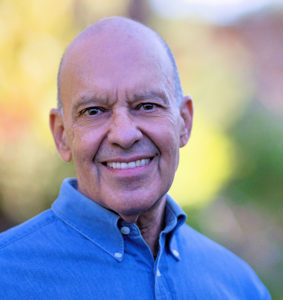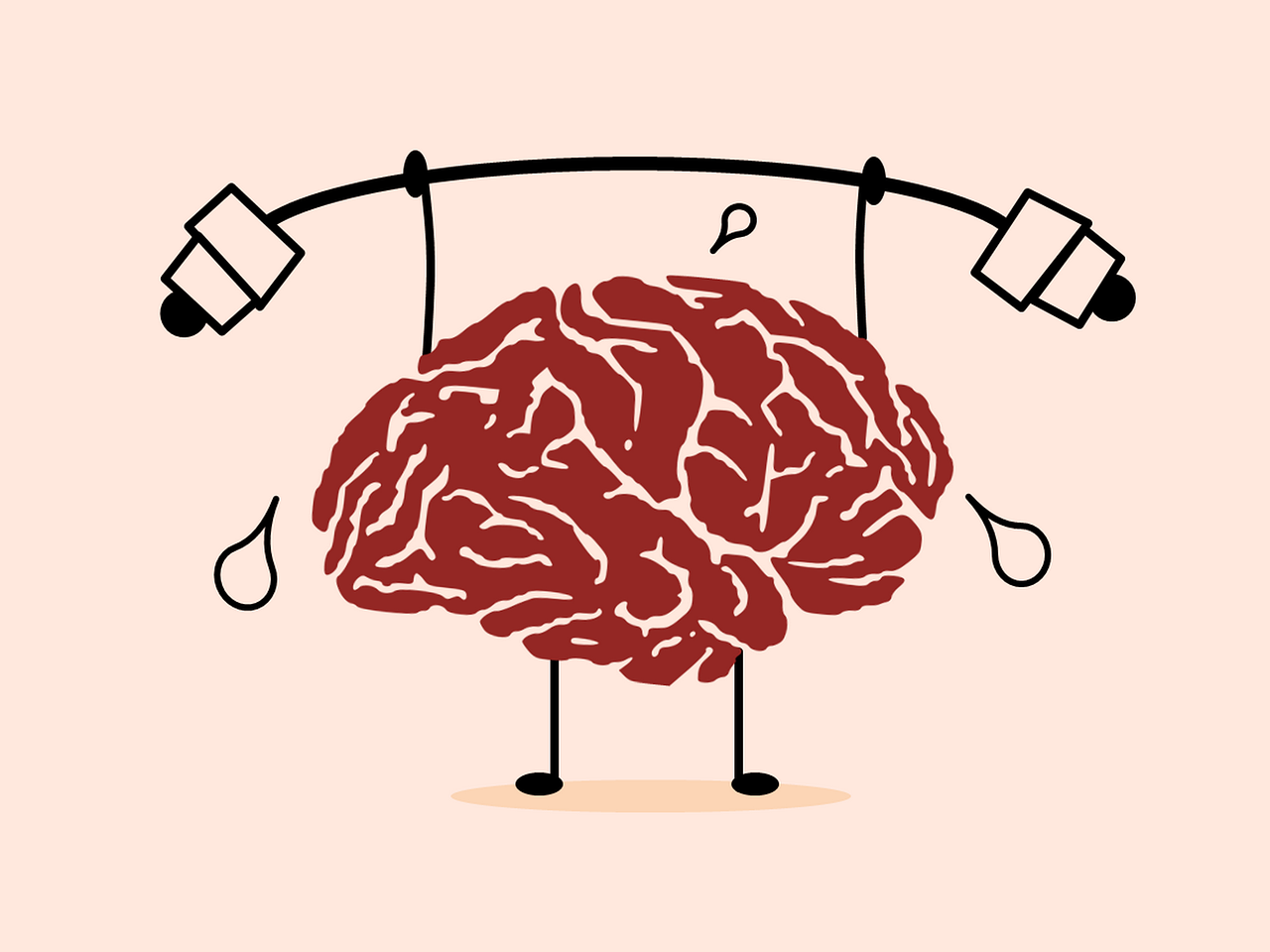“Why am I in the kitchen? Did I want something from the fridge? The cupboard? The sink? Oh yeah, I need to take the garbage out.”
Sound familiar?
Do these alarming episodes of age-related short-term memory loss betoken the early onset of Alzheimer’s or senile dementia?

The most likely answer is: probably neither.
These embarrassing episodes are common at any age, but more so in an unnaturally aging brain.
That’s right. Memory loss is NOT an inevitable feature of aging.
The brain is capable of producing new brain cells at any age – so memory loss is not unavoidable. And, yes, if you want to keep your mind as you age, you do need to look for ways to keep it in good working order.
But that’s just one part of the prescription.
Your lifestyle, health habits, and daily activities will have a huge impact on your brain health as you age. But you can improve your cognitive skills and prevent memory loss at any age, in any number of ways.
I saw a patient the other day whose story was far too familiar. He complained that his memory wasn’t all it used to be, even though he was in his early thirties.
When I asked about his sleep quality, he said that his job was making inhuman demands on his energy and was draining all the joy out of his life.
Working in the Silicon Valley corporate pressure cooker would compromise anybody’s constitutions, regardless of age.
 Aside from job stress, there are plenty of stressors that can impact our brain function: relationship stresses, the loss of a loved one, even a simple change of residence. And it’s well known that unrelieved stress and memory loss go hand in hand.
Aside from job stress, there are plenty of stressors that can impact our brain function: relationship stresses, the loss of a loved one, even a simple change of residence. And it’s well known that unrelieved stress and memory loss go hand in hand.
Other factors that powerfully impact our memory are anxiety, depression – and the prescription pharmaceuticals prescribed to manage these conditions.
Alcohol abuse, recreational drugs, chronic infections, lack of exercise, and sleep problems all decrease memory function.
Notice that most of the factors that negatively impact memory are related to questionable life choices.
Here are some strategies to keep your memory as you age:
- Check your decision-making, especially the way you cope with stress. (If you’re coping at all.)
- Exercise every day. Numerous studies have shown that even mild exercise like brisk walking helps older people retain far superior memory function than younger but sedentary folks.
- Eat a wide variety of colorful fruits and vegetables –leafy greens, blueberries, tomatoes, sweet potatoes, pumpkin, carrots – these “rainbow foods” are rich in antioxidants that protect our brain cells from free radical damage.
- Use supplements that provide modest memory and cognition benefits. These include fish oil, certain B vitamins, bioflavonoids, huperzine A, vinpocetine, and acetyl-L-carnitine. CoQ10 may help reduce statin drug side-effects that include memory loss. Turmeric is excellent for preventing memory loss, thanks to its powerful antioxidant and anti-inflammatory effects.
- Do mental calisthenics. Keep your brain sharp by giving it regular exercise. Play Scrabble. Do puzzles. A number of websites offer memory-improvement games, for example BrainMatrix (http://www.brainmetrix.com/memory-game/).
- Develop healthy sleep habits. Healthy sleep is crucial for mental performance and memory. Sleep researchers agree that seven hours a night is ideal.
- Socialize regularly. Social interactions help ward off depression and stress that contribute to memory loss. Look for opportunities to get together with friends and loved ones, especially if you live alone.
Unless you have organic or functional brain damage, there’s no reason to fear that you won’t be able to keep and even improve your memory function as you age.
For more on Dr. Marcel’s work click HERE.

